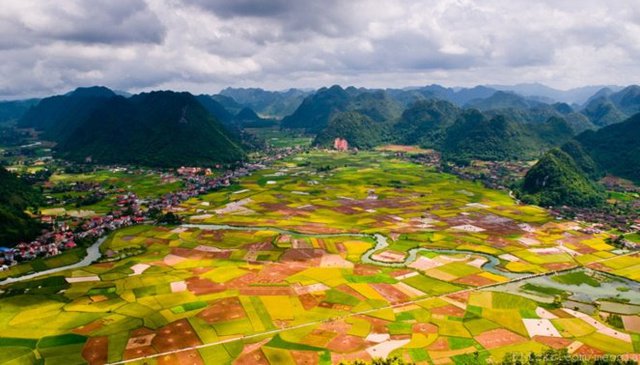Gov't establishess Coordinating Council for northern midland and mountainous region
VGP - Prime Minister Pham Minh Chinh signed Decision No. 999/QD-TTg, dated August 23, 2022 on establishment of a Coordinating Council for the Northern Midland and Mountainous Region in the 2021-2025 period.

The Council is responsible for putting foward mechanisms, policies, strategies, planning schemes, plans, programs on regional connectivity, green, sustainable and comprehensive development of the region.
The Council will be led by Standing Deputy Prime Minister Pham Binh Minh who is aided by four Deputy Chairmen namely the Minister of Planning and Investment, the Minister of Natural Resources and Environment, the Minister of Agriculture and Rural Development, the Minister of Transport, and the Minister of Labor, Invalids and Social Affairs.
Members of the Council include Deputy Ministers and deputy minister-level leaders from the Ministries of Finance, Industry and Trade, Construction, Science and Technology, Health, Education and Training, National Defense, Culture, Sports, and Tourism, Committee for Ethnic Minority Affairs, Government Office and Chairpersons of 14 provincial People's Committees in the region.
The Northern midland and mountainous region consists of 14 provinces namely Lang Son, Cao Bang, Ha Giang, Lao Cai, Lai Chau, Dien Bien, Son La, Bac Giang, Thai Nguyen, Bac Kan, Tuyen Quang, Phu Tho, Yen Bai, Hoa Binh and western districts of Thanh Hoa and Nghe An provinces.
Over the past two decades, the region has achieved notable socio-economic achievements. However, it still remains the country's poorest and most disadvantaged region with low per capita income and high poverty rates, especially among ethnic minority areas.
Earlier, on August 12, Standing Deputy Prime Minister Pham Binh Minh signed Resolution 96/NQ-CP on the Government's action plan for socio-economic development and ensuring national defense and security in the northern midland and mountainous region by 2030.
This is part of the Government's plan of action to implement the Politburo's resolution on orientations for socio-economic development and defense-security maintenance in the northern midland and mountainous region by 2030, with a vision to 2045./.
